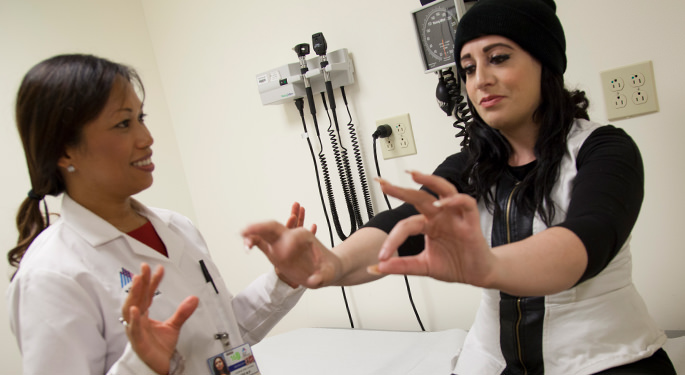Dystonia

Dystonia is a neurological condition that causes muscle spasms due to incorrect signals from the brain. These repetitive movements may resemble a tremor, and can cause significant pain and varying degrees of disability. Dystonia can affect one body part (focal dystonia) or many (segmental or generalized dystonia).
Diagnosis and Treatment of Dystonia
While there is not yet a cure for dystonia, we do have some effective treatment options. Mount Sinai’s movement disorder specialists are renowned for their expertise in the diagnosis and management of dystonia, and our researchers are committed to understanding the causes of dystonia and identifying new therapies.
Our movement disorder specialists work with you and your family to customize the right treatment plan, which may include the following medical and surgical options:
- Oral medications, which can treat some types of dystonia
- Botulinum toxin, which is injected directly into muscles to provide temporary relief of symptoms
- Deep brain stimulation, which is a surgical procedure that targets the area of the brain that causes symptoms and can provide a sustained and dramatic reduction of symptoms
Your treatment plan may also involve physical, occupation, and speech therapy, as well as consultation and treatment from neuropsychologists and neuropsychiatrists.